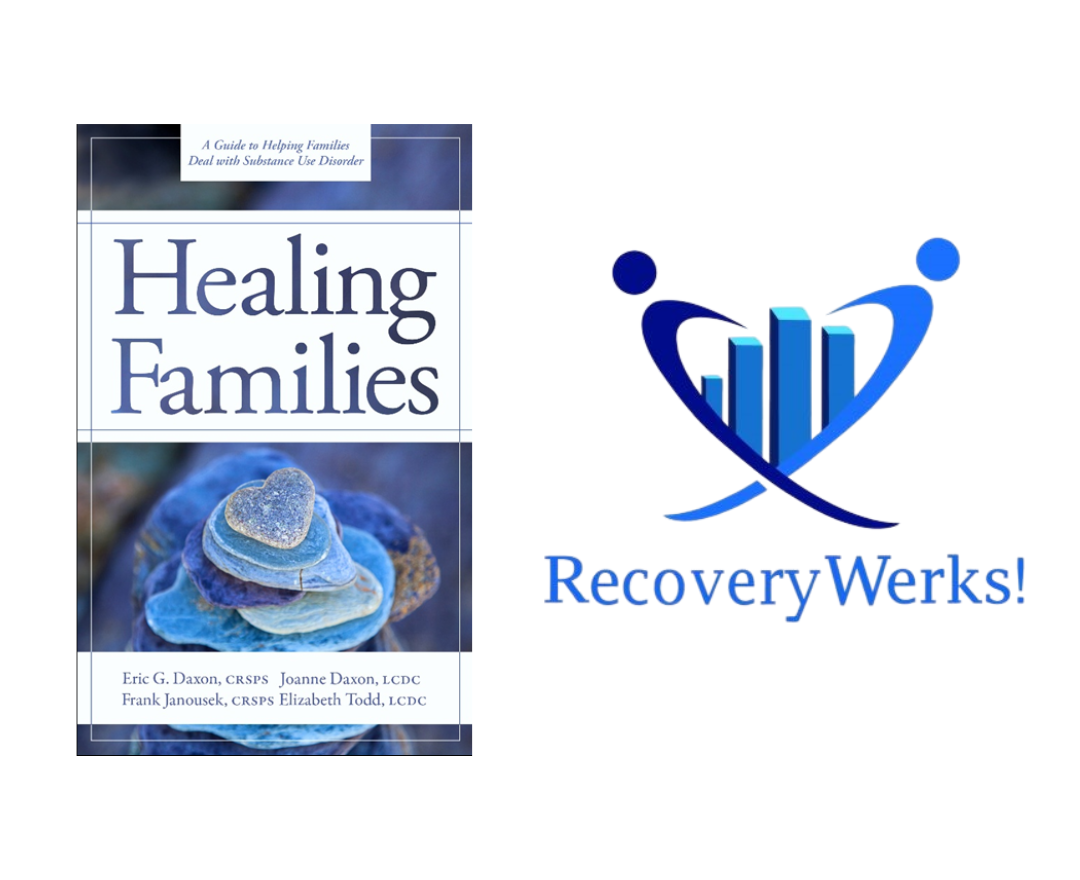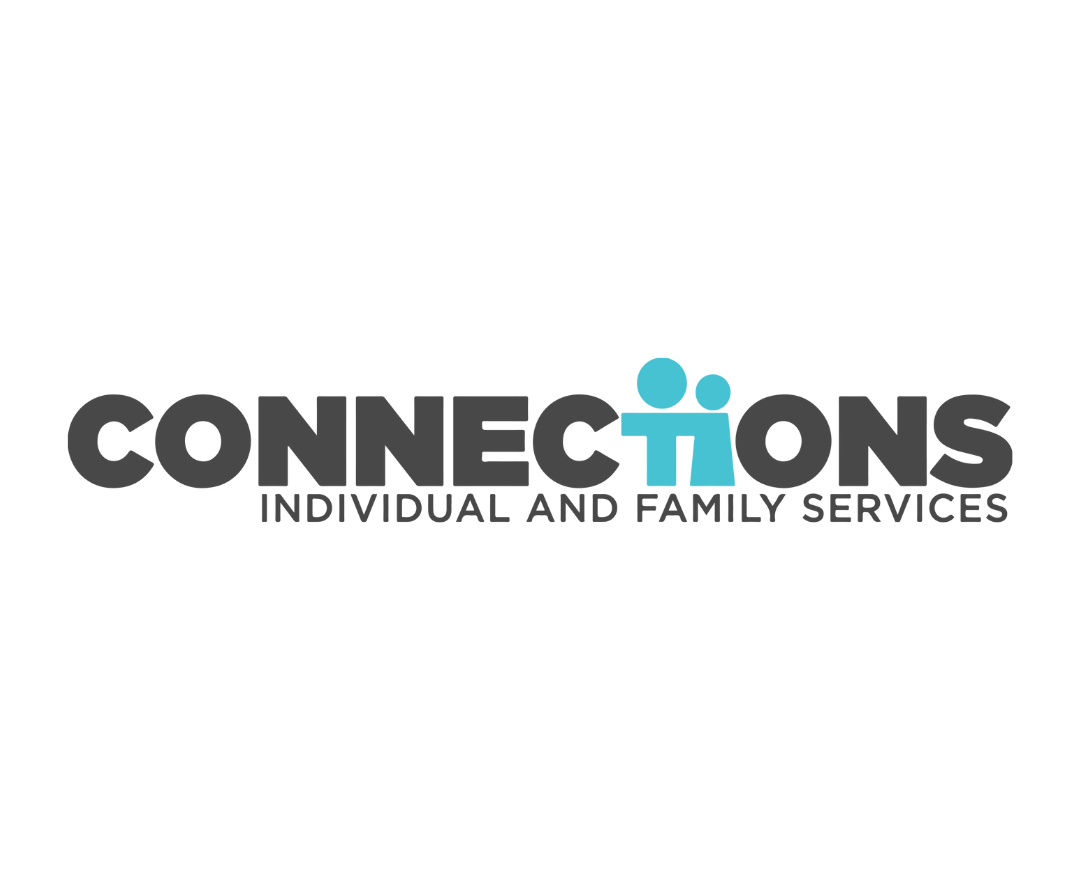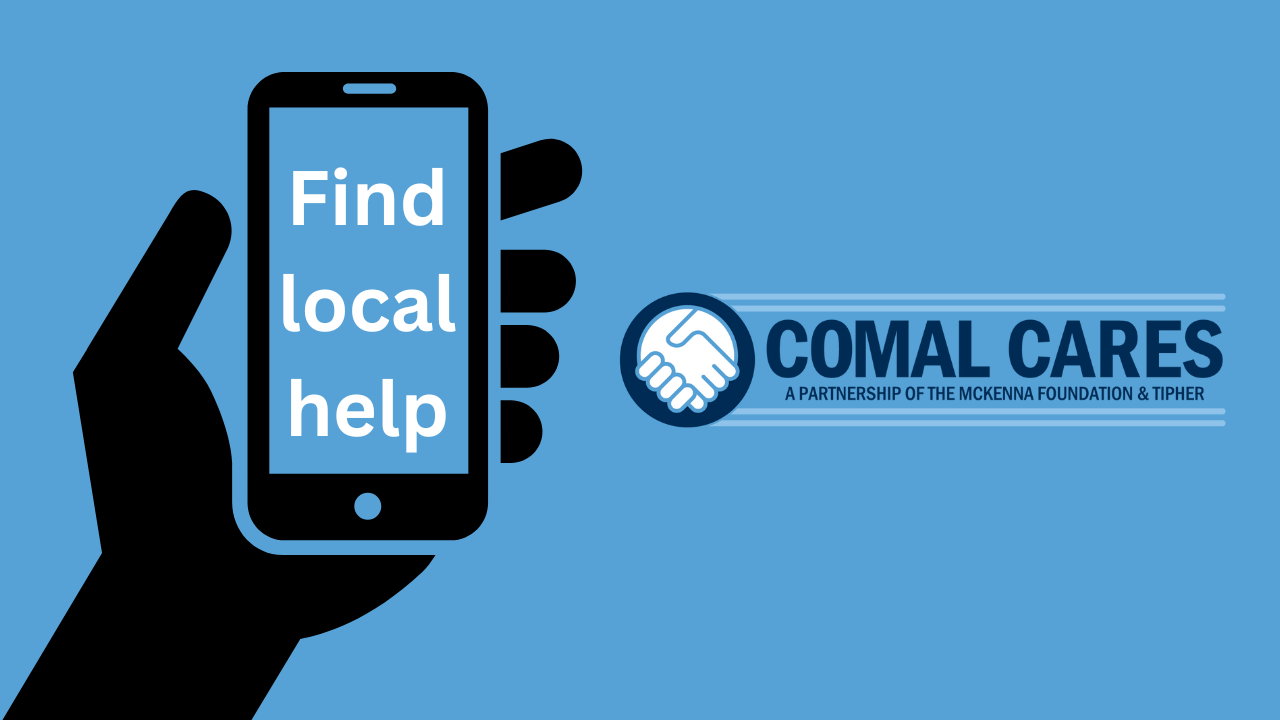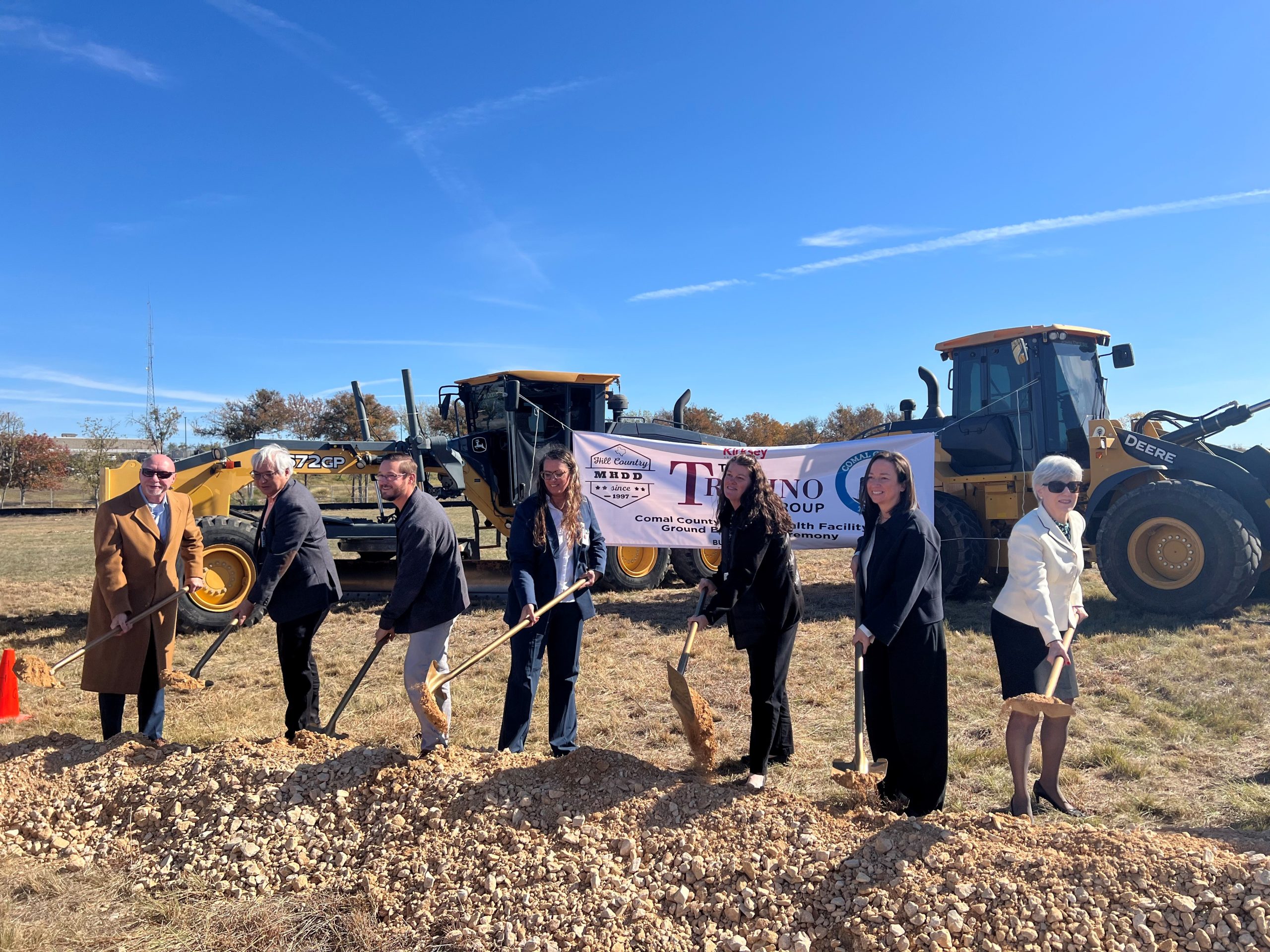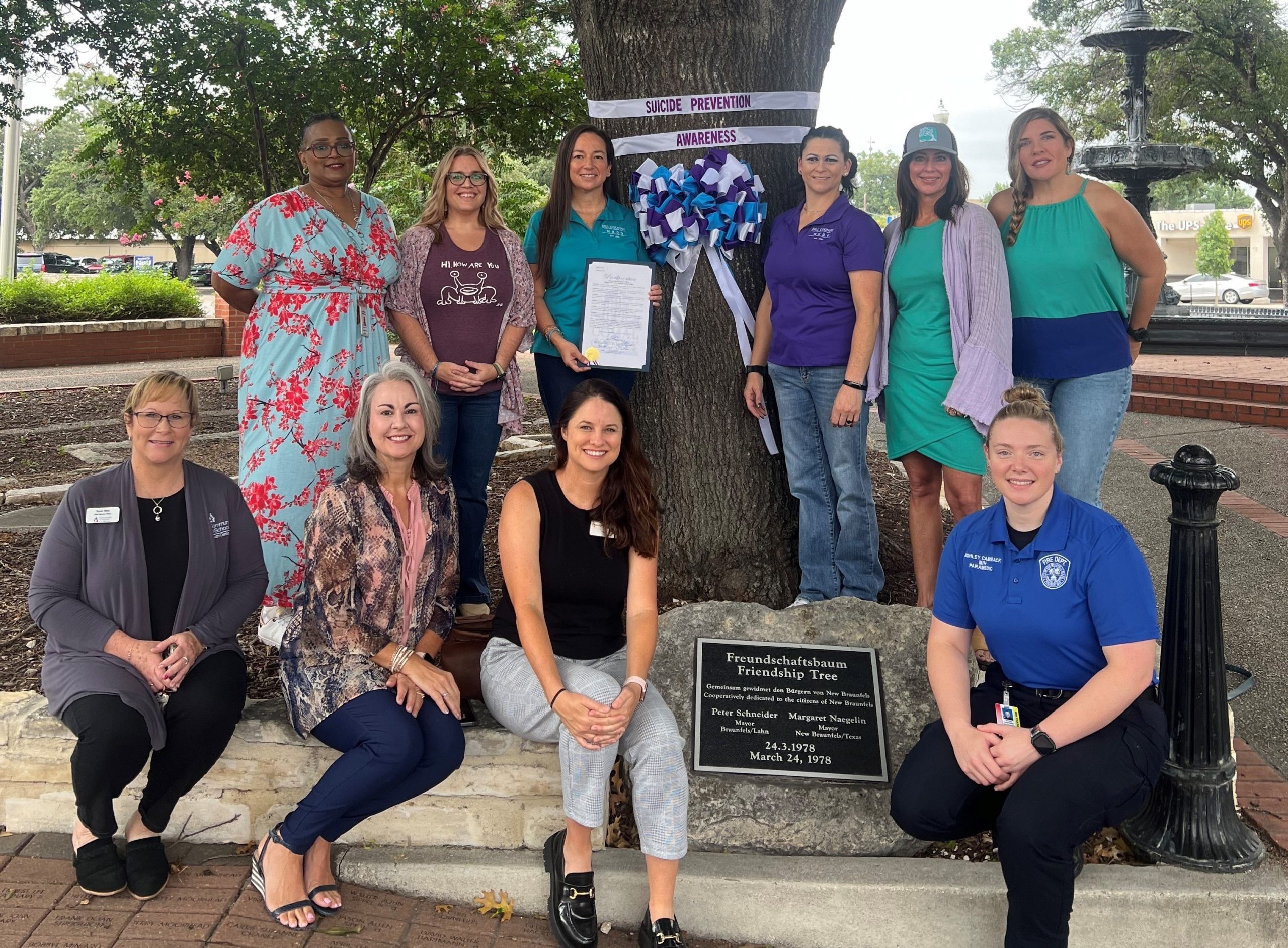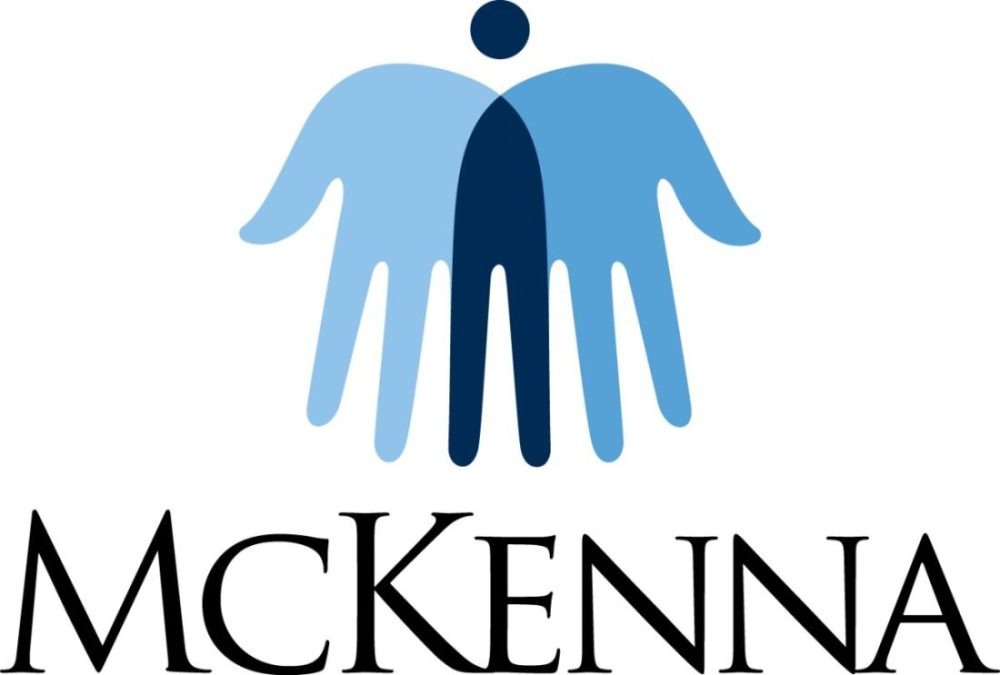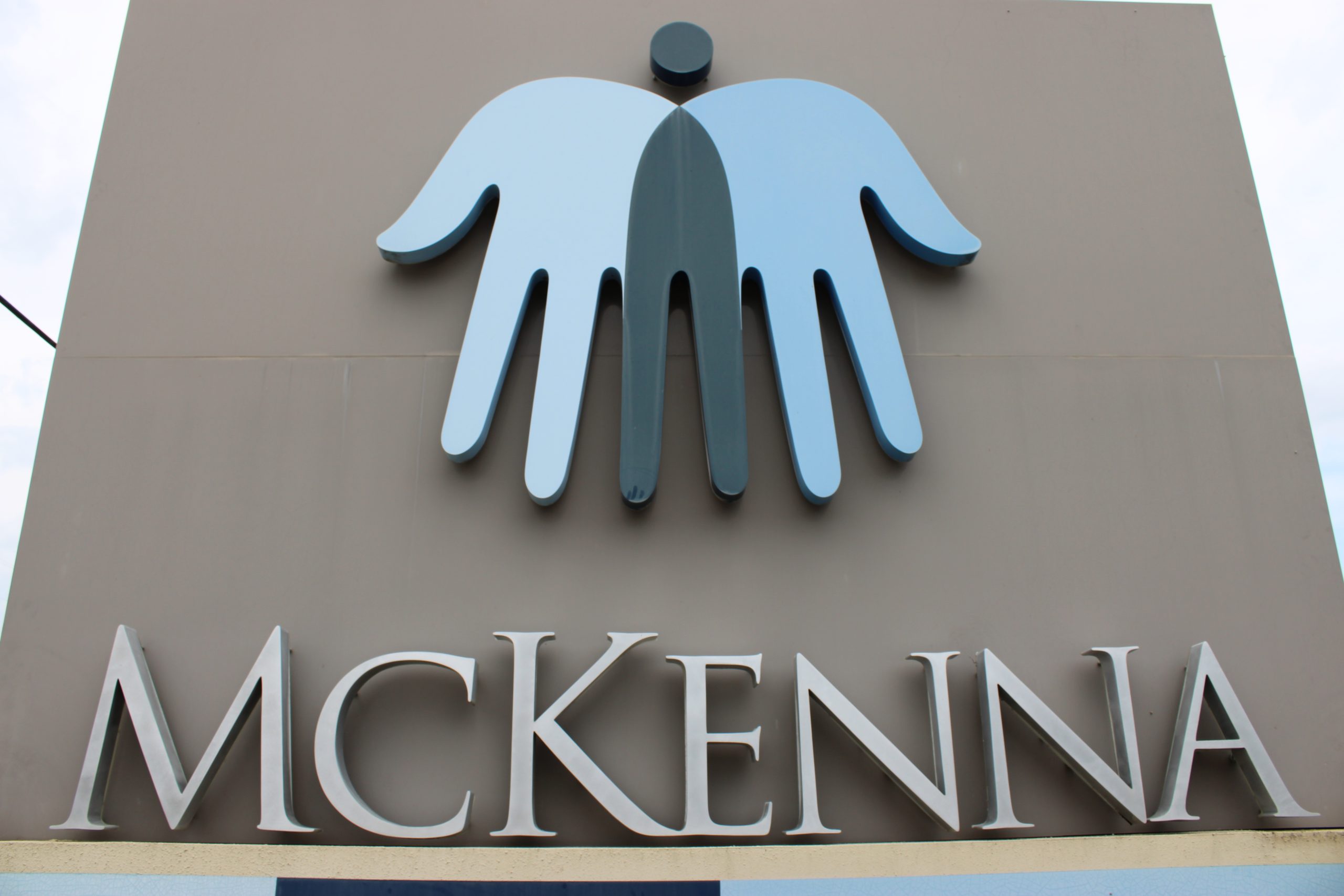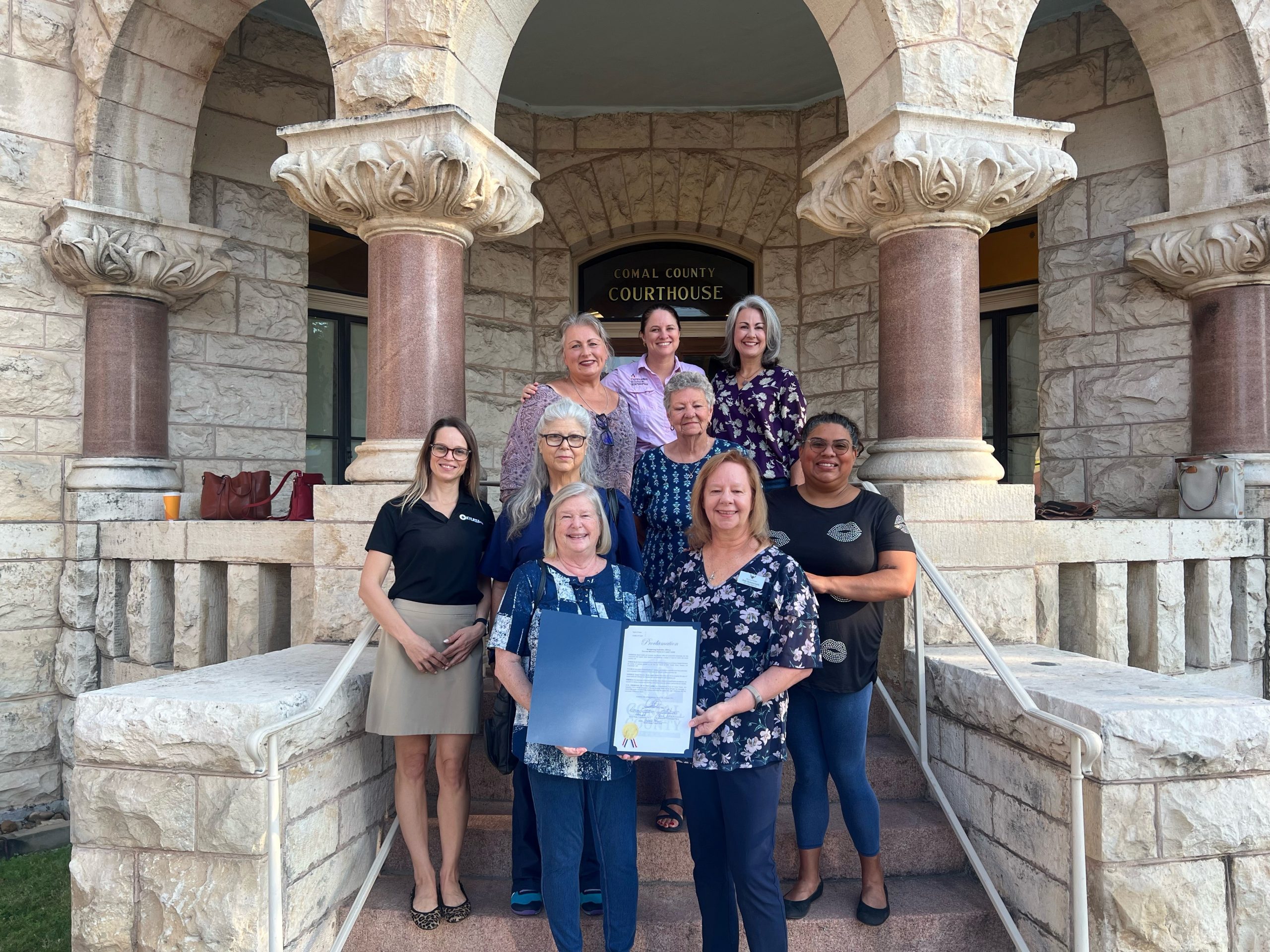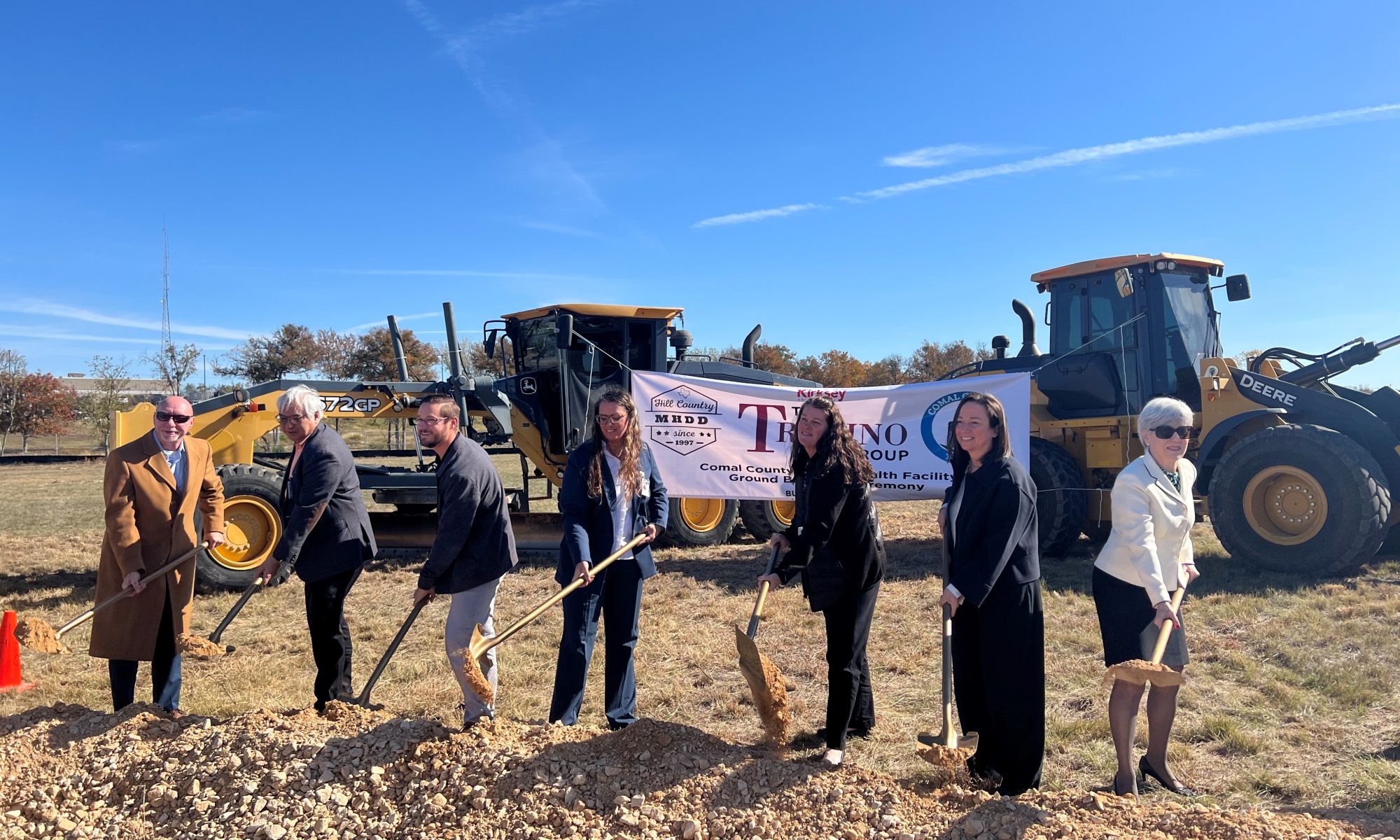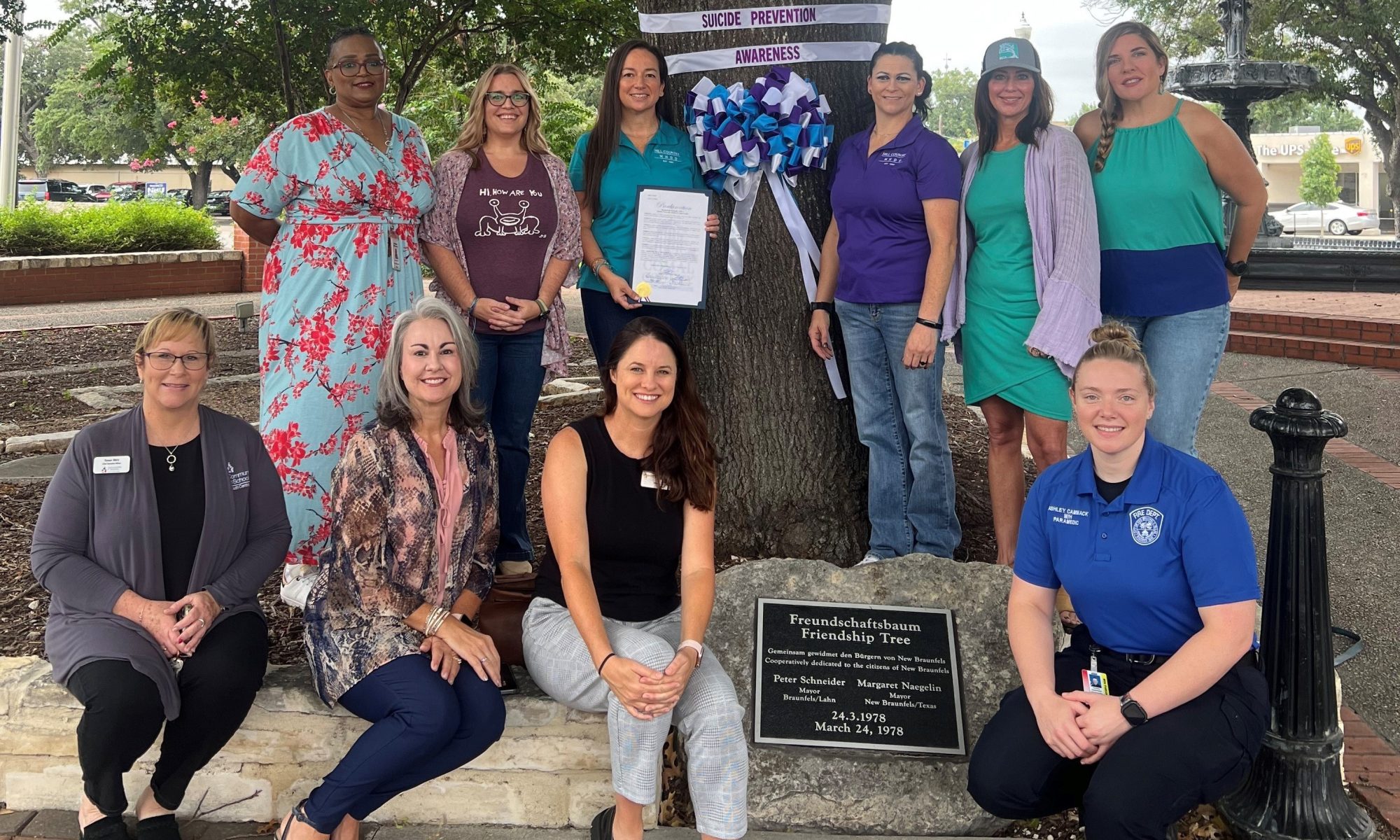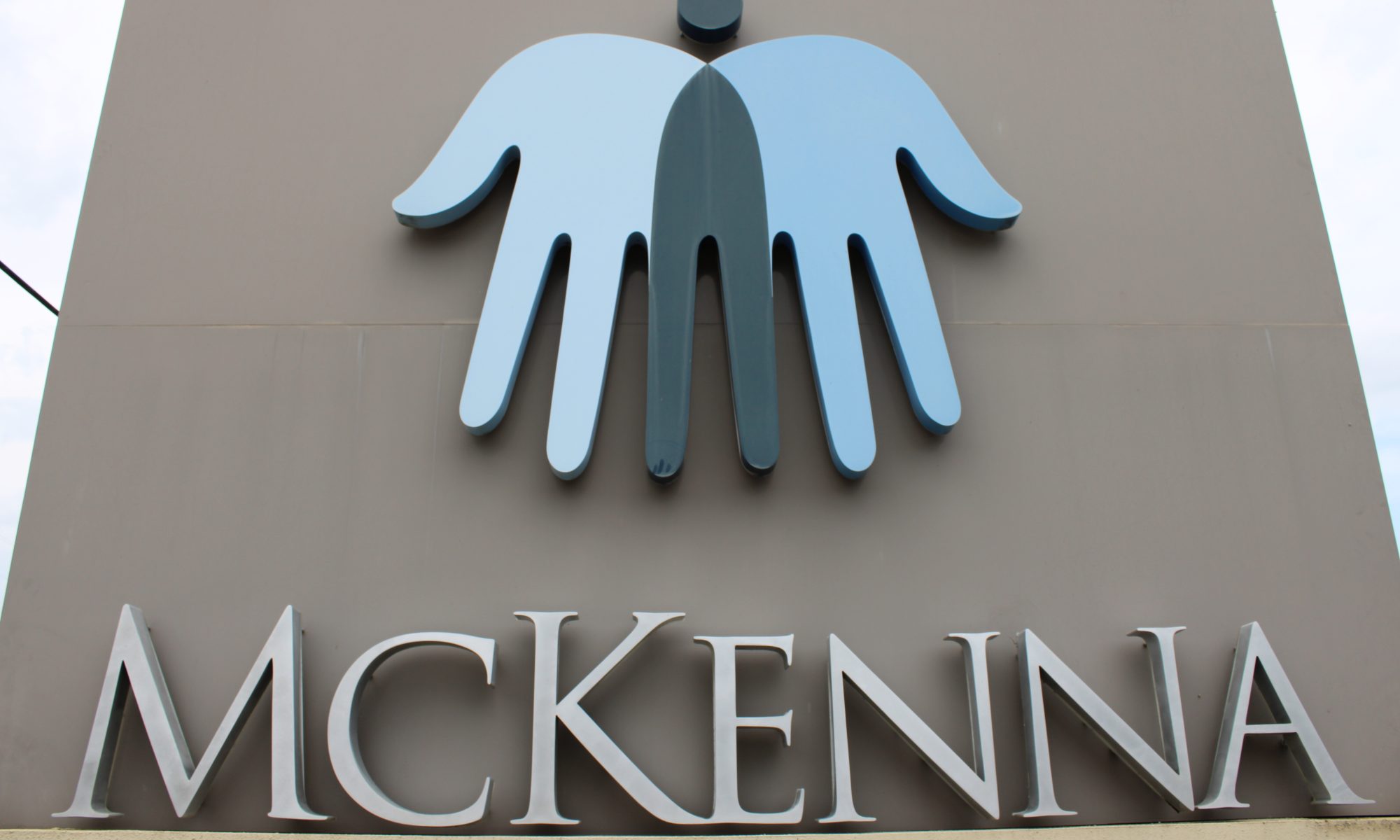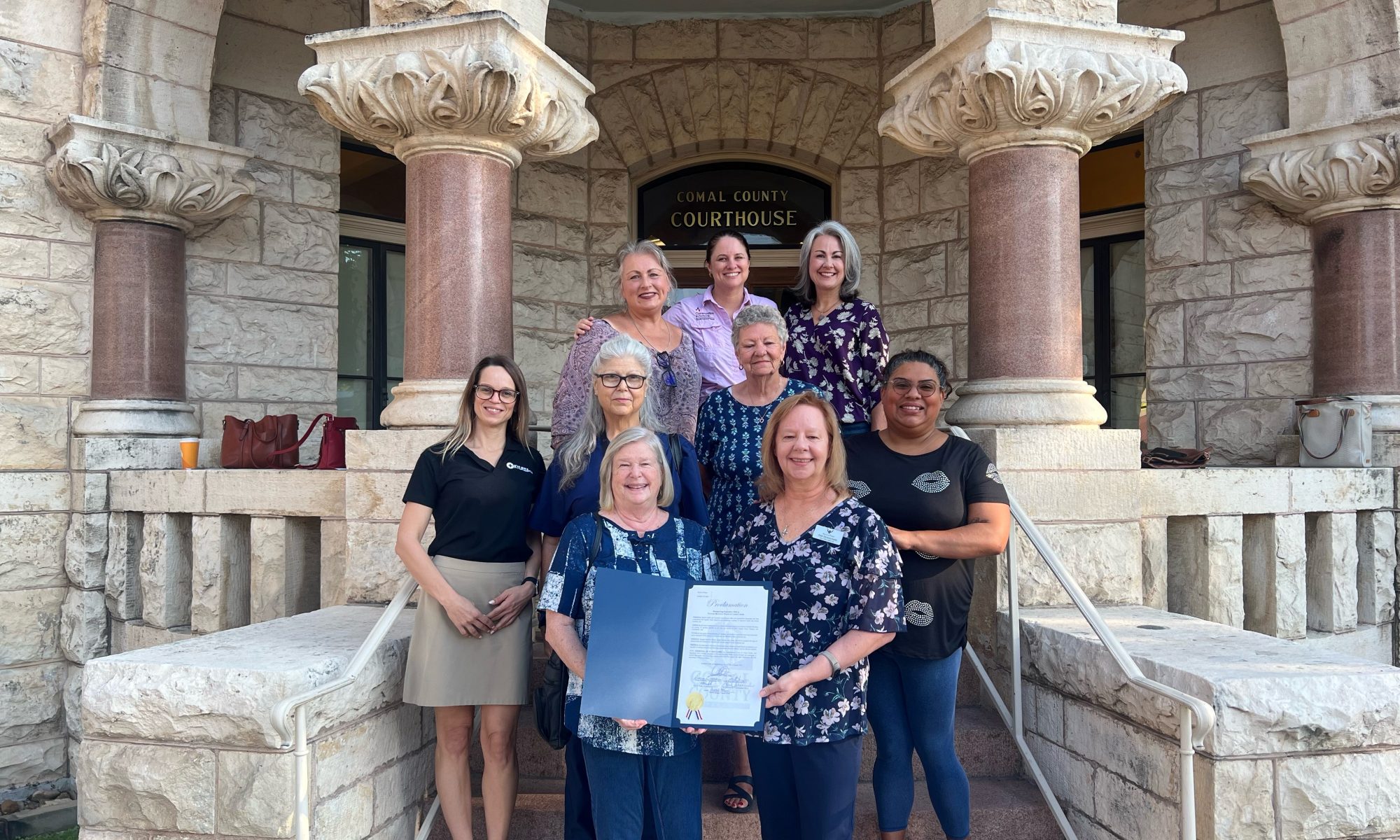Since 2014, the McKenna Foundation has heard from the community and local nonprofit partners, recognizing the need to expand mental health services in Comal County. In response, the Foundation launched the Behavioral Health Leadership Team (BHLT), bringing together mental health experts, law enforcement, school districts, and civic leaders to address these challenges.
Since its first meeting, the BHLT has driven the creation of Mental Advocacy Partners (mapcomal.org), an online and in-person resource that connects individuals to professionals who offer help and hope. In 2015, the coalition introduced the Mobile Crisis Outreach Team (MCOT), a dedicated team of professionals available 24/7 to assist those experiencing a mental health crisis. Most recently, the BHLT sparked the development of an online resource directory, Comal Cares (comalcares.org), which launched in November 2024.
In April 2025, the BHLT reconvened to focus on substance misuse, sparking a discussion about 988, a vital but often overlooked resource.
Introduced in 2022, 988 serves as the nationwide dialing code for the Suicide and Crisis Lifeline. Functioning as the 911 of mental health emergencies, this resource connects callers to the help they need.
Since its launch, 988 has routed 14,568,848 contacts, according to the Substance Abuse and Mental Health Services Administration (SAMHSA). In February 2025 alone, the Suicide Abuse and Crisis Lifeline answered nearly 334,000 calls, with an average pickup time of 34 seconds and nearly 14 minutes of conversation per call.
Despite its critical role in providing mental health support, 988 faces funding challenges that would impact its ability to serve those in crisis. Budget proposals have suggested several cuts to 988 services, and without sustained investment, response times may increase, and specialized services, such as those for LGBTQ+ youth, could be eliminated entirely. These funding challenges also extend to the Veterans Crisis Line, where a shortage of mental health professionals and longer wait times could also have serious consequences.
As of now, however, mental health professionals are still available and ready to take your call, text, or chat.
For Veterans, active service members, and their loved ones: Dial 988, then press 1 to reach the Veterans Crisis Line (VCL). You can also text 838255 or chat online through VCL Chat.
For Spanish speakers: Dial 988, then press 2. You can also text AYUDA to 988, or start a chat in Spanish at chat.988lifeline.org.
For LGBTQI+ Youth and Young Adults: Dial 988, then press 3. You can also text PRIDE to 988, or chat at chat.988lifeline.org and select “LGBTQI+ trained crisis counselor.”
For Deaf and Hard-of-Hearing Individuals: Access 988 via videophone by visiting 988lifeline.org/deaf-hard-of-hearing-hearing-loss/ and clicking “Web Portal.”
No matter who you are or what you are facing, 988 is available 24/7, 365 days a year. You are not alone—help is just a call, text, or chat away.
Locally, the Mobile Crisis Outreach Team (MCOT) is also available 24/7, 365 days a year. If you or someone you know is in need of immediate in-person support, call MCOT directly at 1-877-466-0660. MCOT may also be deployed by dialing 988, if the trained mental health professional determines that an in-person response is necessary.
Other local mental health resources include: Hill Country MHDD (830-620-6221), RecoveryWerks! (830-310-2456), River City Advocacy (830-643-0200), Communities in Schools (830-620-4247), Mental Advocacy Partners (mapcomal.org), and Comal Cares (comalcares.org).
If you or someone you know is in immediate danger, dial 911.


